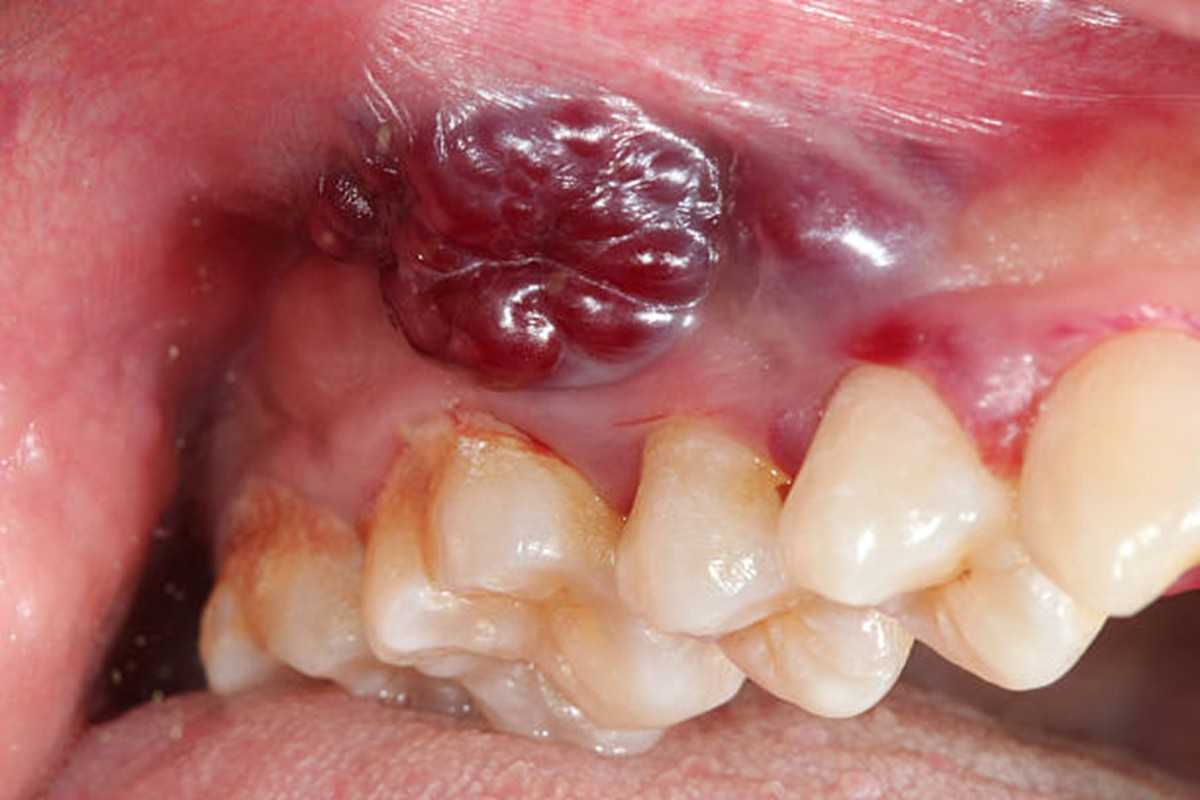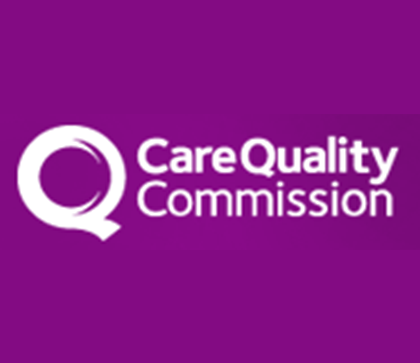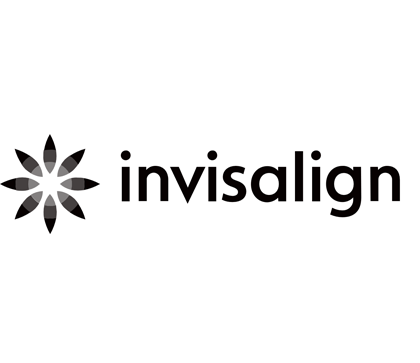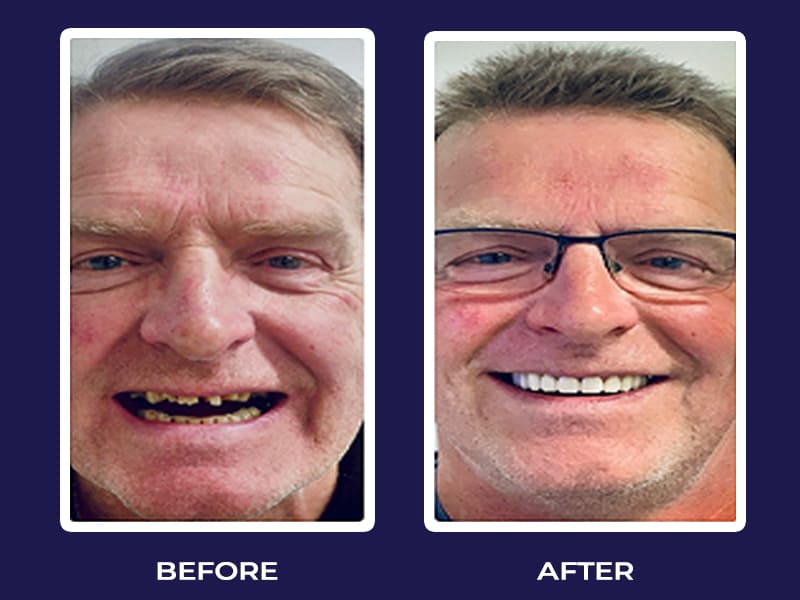
Exploring the Causes of Oral Cancer
June 12, 2024
Oral cancer, also known as mouth cancer, is a serious and potentially life-threatening condition that affects millions of individuals worldwide. While the exact causes of oral cancer remain a subject of ongoing research, it’s widely acknowledged that both genetic and environmental factors can contribute to its development. At Smile Circle, we’re dedicated to providing valuable insights into oral health topics, including the complex nature of oral cancer causation.
Genetic Factors: Genetic predisposition can play a role in increasing an individual’s susceptibility to oral cancer. Studies have identified certain genetic mutations and inherited conditions that may elevate the risk of developing oral cancer. However, having a genetic predisposition does not guarantee the development of the disease, as environmental factors also play a significant role.
Environmental Causes: Environmental factors such as tobacco use, excessive alcohol consumption, and exposure to certain carcinogens are strongly associated with an increased risk of oral cancer. Tobacco smoke contains numerous harmful chemicals that can damage the cells lining the mouth and throat, potentially leading to the development of cancerous growths. Similarly, heavy alcohol consumption can weaken the immune system and impair the body’s ability to repair damaged DNA, further increasing the risk of oral cancer.
Oral Cancer Symptoms: Recognising the signs and symptoms of oral cancer is crucial for early detection and prompt treatment. Common symptoms include persistent mouth pain, difficulty swallowing or chewing, chronic hoarseness, unexplained weight loss, mouth sores that do not heal, and changes in the appearance of the lips, gums, or tongue. If you experience any of these symptoms, it’s essential to consult a dentist or healthcare professional for evaluation and diagnosis.

Dentist ‘Near Me’: Regular dental check-ups are an essential aspect of oral cancer prevention and early detection. Dentists are trained to identify suspicious lesions or abnormalities during routine examinations and can refer patients for further evaluation if necessary. By visiting a dentist in Andover or a dental practice near you regularly, you can receive proactive oral health care and timely screenings for oral cancer.
Visit SmileCircle.com for More Information: To learn more about the causes, symptoms, and prevention of oral cancer, visit Smile Circle’s website at smilecircle.com. Our platform provides valuable resources and recommendations to help you prioritise your oral health and make informed decisions about your dental care journey.
While genetic factors may contribute to an individual’s risk of developing oral cancer, environmental factors such as tobacco use and alcohol consumption remain significant contributors. By adopting a healthy lifestyle, attending regular dental check-ups, and being vigilant about oral cancer symptoms, you can take proactive steps to protect yourself against this potentially devastating disease.
Remember, early detection is key to improving outcomes and increasing survival rates for oral cancer patients. Don’t hesitate to consult a dentist if you have any concerns about your oral health or experience symptoms associated with oral cancer. Smile Circle is here to support you on your journey to optimal oral health and well-being.
Here Are Some Relevant Pieces You Can Read About oral health
- Oral Care Tips for Elderly People: Ensuring a Healthy Smile in Later Years
- The Role of Water Flossers in Modern Oral Hygiene: Dorset Dentists’ Advice
- How Depression Can Affect Oral Health
- Unveiling the Mystery: Why the UK Lags Behind in Oral Health
- Diet and Dental Health: Foods that Boost Oral Hygiene According to Hampshire Dentists
- Dental DIY Myths vs Facts About At-Home Remedies for Oral Health
- The Surprising Link Between Oral Health and Romantic Relationships
- A Guide to Increasing Calcium in Your Diet for Better Oral Health
- Understanding Oral Development: When Do Teeth and Jaws Fully Develop?
- Signs of Good Oral Hygiene
- Recognising the Signs of Poor Oral Health
- Flossing – Your partner to perfect oral health

 Head Office - UK - Unit 1 B 132 Weyhill Road, Andover, Hampshire England, SP10 2PR.
Head Office - UK - Unit 1 B 132 Weyhill Road, Andover, Hampshire England, SP10 2PR. 









